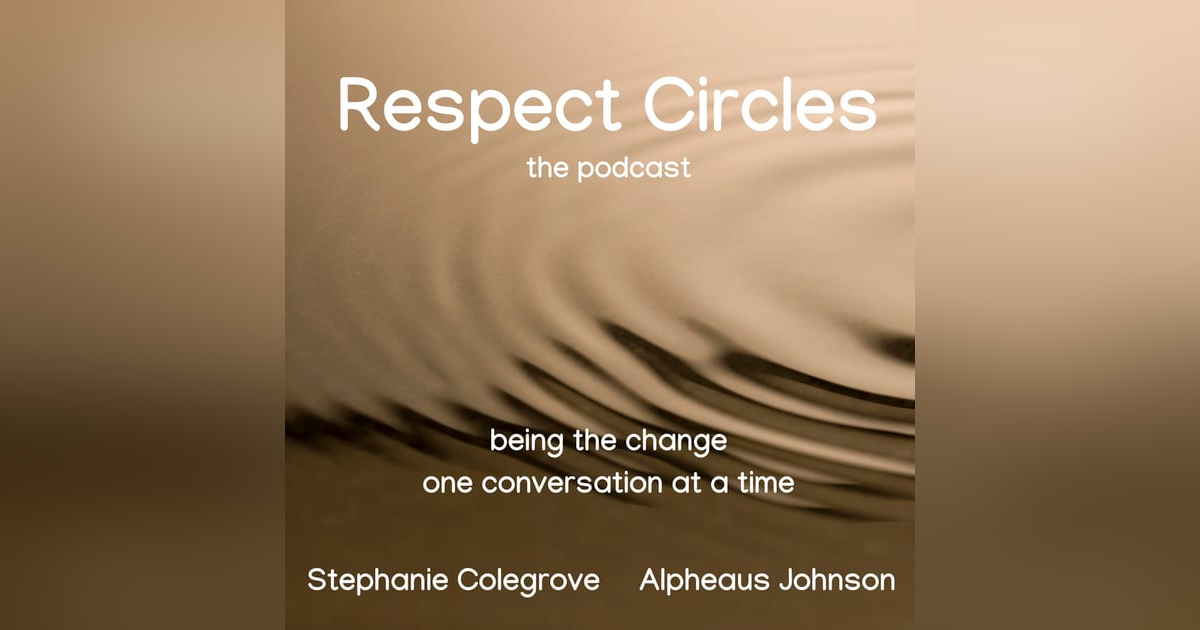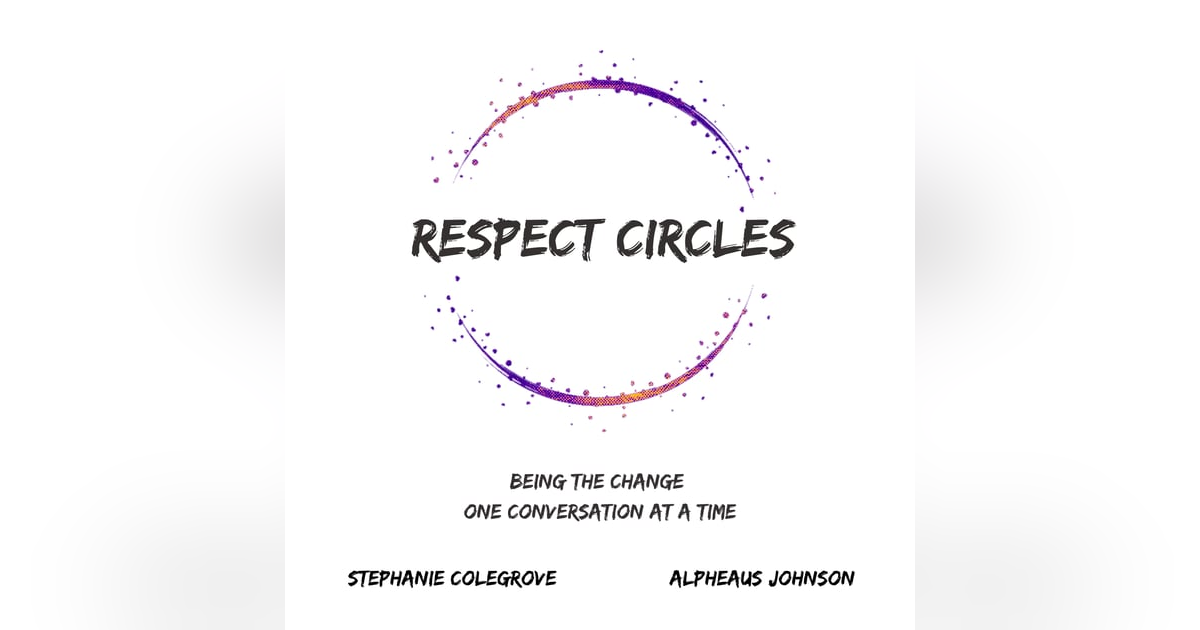35: How A Horse Can Improve Your Mental Health (Part 2)

If you joined us last week, you’ll know we started a great conversation with two experts in the field of equine therapy and training, Alia Shahi and Becky Nibecker. This week we continue the conversation, learn more about their experiences, and...
If you joined us last week, you’ll know we started a great conversation with two experts in the field of equine therapy and training, Alia Shahi and Becky Nibecker. This week we continue the conversation, learn more about their experiences, and explore how working with horses can be a gift to students, teachers, leaders, and to all of us who embrace this experience.
Alia works for a non-profit organization called Reins of H.O.P.E. as an EAGALA certified Equine Specialist, assisting in providing equine assisted psychotherapy to at-risk youth and military personnel. She is currently pursuing licensure as a Marriage and Family Therapist, and recently graduated with a master’s degree in counseling psychology. Horses have been Alia’s passion since she was a child. They have taught her some of the greatest life lessons she has learned thus far: how to show up as a partner, that leadership has nothing to do with dominance, and the importance of present-centered connection. Today, the wisdom and knowledge they pass on to her continues to inform her as a single parent, an equine specialist, a mental health clinician, and as a human.
Becky was first introduced to Equine Assisted Learning (EAL) upon starting her 25th year as an educator. She was fascinated to learn that horses are motivated by pressure and learn by the release of that pressure. That year, as a middle school principal, her opening faculty meeting included a video of a horse at liberty with a human. She encouraged the faculty to dance with their students in this same manner; to see their presentation of the subject matter as the pressure, and to allow time at the end of each class period for reflection, the release that teaches. In a world that is full of information, deadlines and the need to prove and produce, this dance is often interrupted and we lose the ability to self-regulate and set healthy boundaries. Becky believes we need to create margins in our life to pause, reflect and release tension.
If you missed Part 1 last week, you can find it on your favorite podcast app, or at https://www.respectcircles.com/34-how-a-horse-can-improve-your-mental-health-part-1/.
This conversation really was an invitation for us to get out of our heads and comfort zones in order to try something new, and who would have imagined that we could discover so much about ourselves through horses? We’ve learned that horses have the intuition to teach us what we may not be able to see. If you are willing to step into the arena with these fascinating animals, you’ll experience incredible growth.
As always, we love to hear your feedback. If you have a question or topic that you’d like us to discuss in a future episode, please go to https://www.respectcircles.com/voicemail/ to leave us a message.
You can also reach us by email, respectcircles@gmail.com, on social media at https://www.facebook.com/respectcircles and https://www.instagram.com/respectcircles/, or by visiting our website at www.respectcircles.com too. We look forward to hearing from you!
Thanks so much for listening. We’d love to have you subscribe to the podcast, leave us a rating and review, and share with your friends!
In this episode you’ll hear:
- The big realizations that Alia made about bringing equine therapy into the parenting arena [1:42]
- Becky’s thoughts on the how work with horses could be applied as an educator of children [6:03]
- How she allowed the horse to be a powerful partner in overcoming internal chatter that she was having [8:02]
- Ways to provide safety and security of the horse, and why this is so important to do [10:13]
- What horses can teach us about all of our relationships [13:01]
- The feedback that these animals can provide us, and how the horses were able to help Becky share more about her own faith with others [15:26]
- A story that demonstrates how horse work can be applied to leadership development [17:55]
- What their organization is doing to give everyone greater access to their horses [23:49]
- The similarities that Becky sees between the work they do with horses and what we do here at Respect Circles [26:50]
- Our biggest takeaways from this conversation with Alia and Becky, and what we plan to do with this knew knowledge [31:02]
Links & Resources:
Reins of Hope Website, Instagram & Facebook
Alia’s Thesis, Parenting Through Horsemanship: A Relationship-Based Approach to Children
https://drive.google.com/file/d/1X8leBjvGeQYdYDyFp7Sm1PhKU4cJotqv/view?usp=sharing
NBC News Article, Black horse trainers offer horseback riding as therapy
BBC News Article, The black cowboys of Chicago's South Side
Time Magazine, The True Story of the Black Cowboys of Philadelphia Depicted in Concrete Cowboy
34: How A Horse Can Improve Your Mental Health (Part 1)
33: The Path to Stronger Relationships - Getting Clear on Your Emotions
32: Wholeheartedness - Living Life From a Place of Courage
20: How to Become an Emotionally Intelligent Leader 7: Becoming A Deliberate Listener








